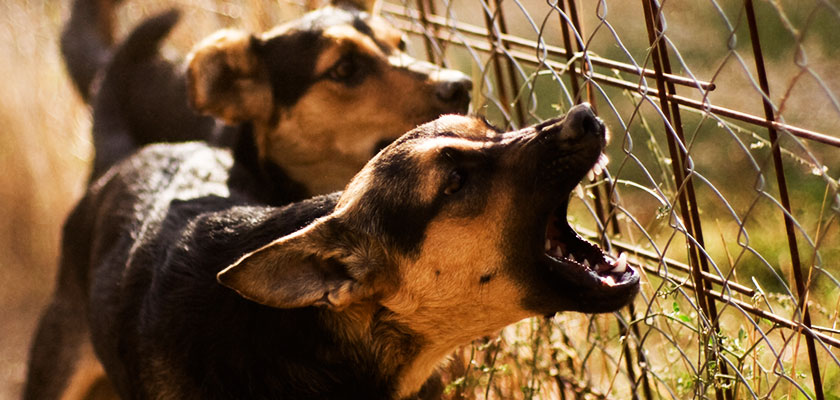Any dog can bite. This statement is true in that any dog, regardless of size, breed, age, medical condition, location, or owner, can bite in negative circumstances. Dogs as small as teacup chihuahuas have produced bites resulting in serious injuries and the need for medical care. If you were bitten or attacked by a dog in Colorado, our Denver dog bite lawyers can help.
Meanwhile, many breeds known for producing aggressive, dangerous dogs have also produced loving animals that wouldn’t dream of harming a human under the right circumstances. Be that as it may, the numbers do not lie; the breeds termed dangerous continue to cause the vast majority of dog bites in the United States.
Which breeds cause the most dog bites? What do the statistics mean for owners of dangerous breeds? Read on for answers to these questions and more in this brief guide to dangerous dogs.

Dog bites can occur on any part of the body and range from mild to serious bodily injury; while not all serious bodily injuries lead to death, dog bites kill a surprising number of Americans each year. During a thirteen-year period from 2005 to 2017, 433 people died as a result of dog bite injuries. Several particular breeds caused nine or more deaths over the time period studied.
Overall, pit bulls and Rottweilers combined to cause over 76% – three out of every four – of all dog bite deaths in the United States between 2005 and 2017. Other dogs biting more than nine people made up a mere 19% of all fatalities, leaving the rest of the hundreds of breeds in the United States responsible for the remaining 4%. Clearly, while all dogs have the ability to bite, some breeds bite more often and cause more extensive injuries and death while doing so.
Pit bulls are of particular concern to many dog bite victim advocates. Although pit bulls caused the majority of the bites, the breed makes up only 6% of the current dog population in the U.S. In addition, although the pit bull population only rose from 4% to 6% of the total dog population, pit bull bites rose a staggering 22%, from 58% of all bites to 72%. Pit bull bite rates appear to rise at a rate which outstrips their increase in population.
While most pit bull owners certainly love and care for their dogs, their insurance companies do not. Why? Insurance companies are in the business of making money while mitigating risk. As a result, it is simply good business to avoid insuring a home containing a dog the company deems a high risk of biting another individual.
In fact, dog bites pose a particular risk for the insurance industry. Dog bites result in over 33% of all homeowner insurance claims annually. Since those claims result in hundreds of millions of dollars in liability each year – with the average claim amounting to just over $30,000 – it is easy to see why insurance companies prefer to avoid insuring owners with dangerous dogs. As such, most insurance companies maintain lists of excluded dog breeds, drawn from the same statistics mentioned above as well as nationally notorious incidents naming dangerous breeds.
Michigan and Pennsylvania disallow dangerous dog exclusions. Several other states debate similar laws. The fact remains that owning one of the country’s most dangerous dogs could affect your insurance coverage. Before purchasing a home or switching homeowners’ insurance, be sure to perform your due diligence regarding the dogs in your home